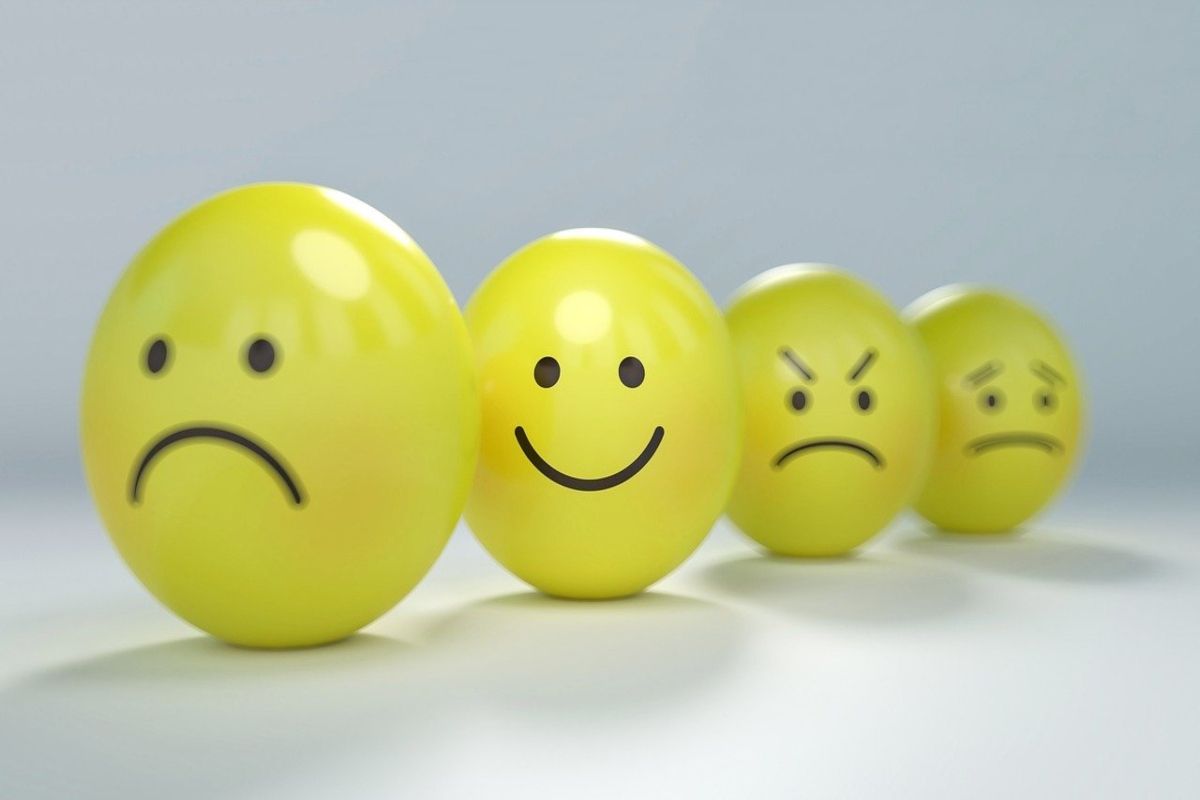New Delhi: Sarita is a young marketing professional who has been working from home ever since the deadly Covid pandemic struck us. Due to her high-pressured job, she has developed high-functioning anxiety. Which means Sarita is often able to accomplish tasks and appear to function well in social situations, but internally she feels all the same symptoms of anxiety disorder, including intense feelings of impending doom, fear, anxiety, rapid heart rate, gastrointestinal distress and has been diagnosed with the Polycystic Ovarian Syndrome (PCOS). Yes, her PCOS is related to her elevated ‘functional anxiety’, says Dr Sushma Tomar, Obstetrician & Gynecologist, Fortis Hospital, Kalyan. This definitely is hampering Sarita’s quality of life.
In the same light, a lot of scientific evidence shows a strong link between PCOS and Anxiety, says Dr Tomar. The doctor gives us insights into the connection between PCOS and anxiety, lifestyle changes that need to be made to cure the symptoms and more.
Excerpts:
The Connection Between Anxiety & PCOS
Anxiety is a natural and healthy emotion that most of us experience. It is a vital feeling because it alerts people to pay attention to important issues or warns of potential danger. But, with anxiety disorder, the fear response becomes exaggerated; a person becomes anxious and fearful in situations that do not call for it. Anxiety and depression are also said to cause severe health issues for women of reproductive age, including PCOS, among many other problems. Also Read - Why Wearing a Mask Can Trigger Social Anxiety?
PCOS is the most common endocrine disorder among women of reproductive age. It is said to impact many aspects of a person’s health, including mental health. Symptoms include Amenorrhea (absence of menstruation), Hirsutism (abnormal hair growth on a woman’s face & body), infertility, Obesity, Acne Vulgaris, and Androgenic Alopecia (balding patters). PCOS is a condition that affects a woman’s mental health, and quality of life (QOL) immensly. This aspect has not received adequate attention in India.
Hormonal Differences & Chemicals in The Brain
Some women with PCOS have Insulin Resistance, resulting in higher levels of Insulin in the bloodstream. A study found that greater Insulin Resistance increased the risk for Depression, and more anxiety symptoms. Androgens (a group of hormones including Testosterone) are elevated in many people with PCOS. This may cause Anxiety and Depression in women with PCOS.
Secondly, women with PCOS who have Anxiety or Depression may have lower levels of certain neurotransmitters (chemicals that send signals throughout the brain and nervous system). Neurotransmitters like Serotonin (a chemical messenger within the nervous system that is associated with positive feelings) play an important role in tackling Depression and Anxiety. A study showed that women with PCOS who have low levels of serotonin and other neurotransmitters, report more symptoms of depression and anxiety.
The Positive Impact of Lifestyle Changes And Meditation
Women who have PCOS-linked Anxiety and notice changes in their mood, can talk to their doctor about various treatment options. There are many treatments that may help tackle their depression and anxiety. It is important to note that low-calorie diets in combination with exercise certainly help. Leading an active lifestyle, in general, may help improve mental health. It is said that women with PCOS who exercise regularly had fewer symptoms of anxiety and depression. The Yoga practice that includes poses, guided relaxation, breathing exercises, and meditation may also improve symptoms of Anxiety.
All in all, ‘functional anxiety’ and PCOS often go hand in hand. With treatment, you can greatly reduce the symptoms of both conditions.
Disclaimer: The views and opinions expressed in this article are those of the expert and do not necessarily reflect the official policy or position of India.com. For any serious health-related concern please contact your healthcare professional immediately.
